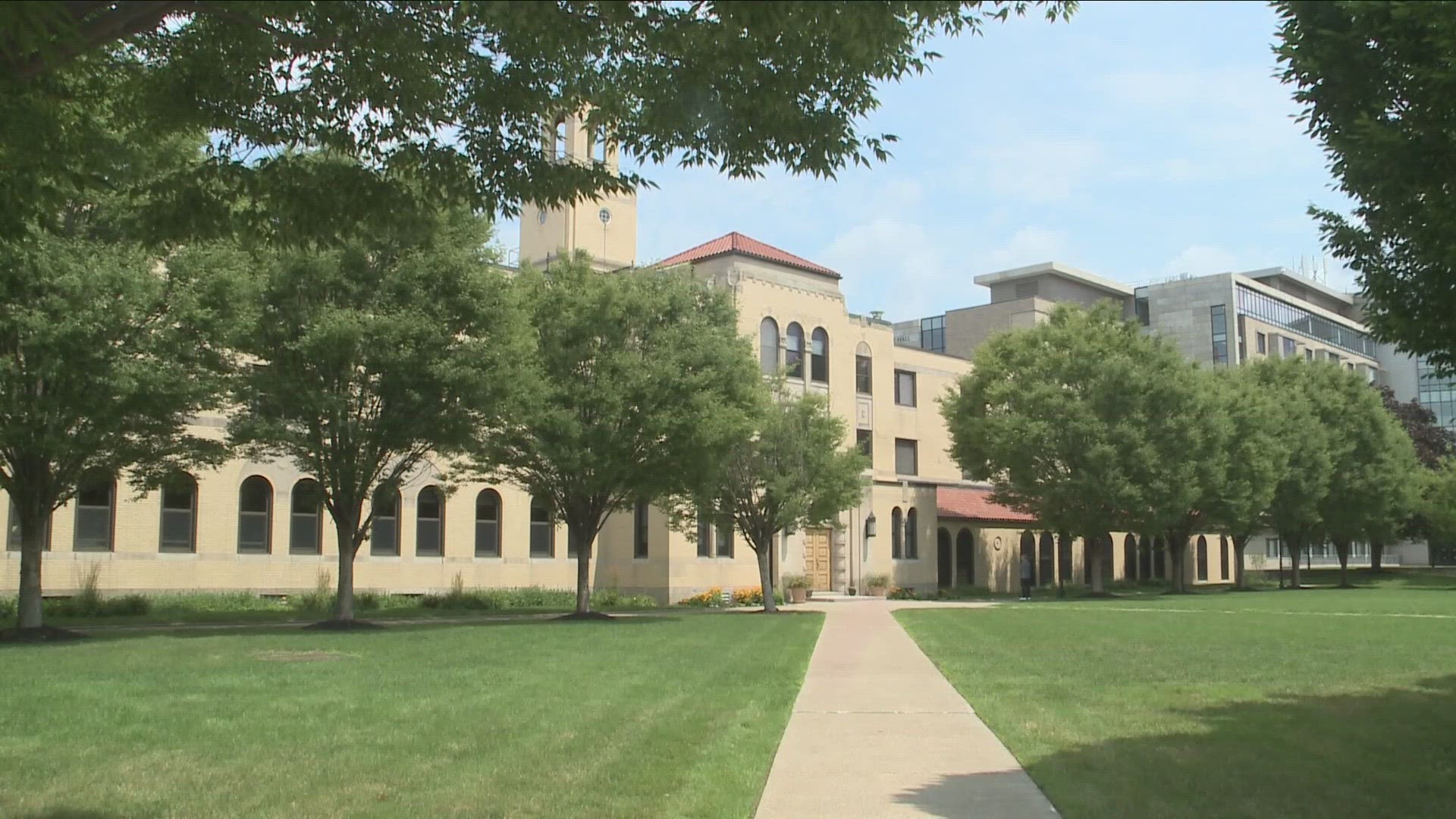BUFFALO, N.Y. — Some observers fully expected affirmative action policies for college admissions would be struck down by the U.S. Supreme Court. And the high court's ruling on Thursday, which stated it violated Constitutional protections, specifically applied to programs at Harvard University and the University of North Carolina.
2 On Your Side found out higher education institutions are now reassessing their own programs and charting an alternate path for student body diversity.
Canisius College President Steve Stoute has proudly passed out diplomas. But on Thursday he was passing out opinions on the Supreme Court's six member majority decision against race-conscious admissions and the impact on his Jesuit school
Stoute, who is an attorney and a court watcher, says it was "Disappointing but not surprising."
As for Canisius College, he emphasized "Nothing will change for us. This ruling - it will impact any number of institutions but we will find ways to build a student body and a faculty and staff that is reflective of the world that we live in."
He explained that the college's enduring diversity goal is reflected in a new policy, starting with this fall's freshmen class, to drop screening through standardized SAT and ACT scores which some feel may hold back some minority student applicants.
And he says his college's admission staff will just follow a new path for admissions with some perceptible legal wiggle room in the majority opinion on affirmative action admissions. "Within the ruling, the court said that nothing prevents an institution from asking an applicant how race has impacted them - to the point of understanding what character traits or qualities that student would bring to your student body because of race and their experience of race in their lives.".
Stoute says Jesuit schools including Canisius and Georgetown University actually filed briefs with the Supreme Court to uphold affirmative action as an element of their First Amendment rights to operate their colleges.
But with over 600,000 SUNY and CUNY students, it is perhaps a different public school challenge from this ruling in New York state.
SUNY Chancellor Dr. John B. King, Jr. told 2 On Your Side the SUNY system will adjust. "We're gonna continue to do outreach in our admissions process. We're gonna continue to look at socio-economic status - at whether or not students are the first in their family to go to college. We're gonna look at adversity students may have overcome. All of that will play a role in building a class. But again it's gonna be more difficult - particularly in some of our graduate programs to make sure that we fully reflect the diversity of the state."

